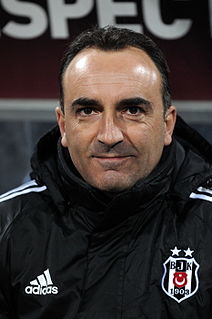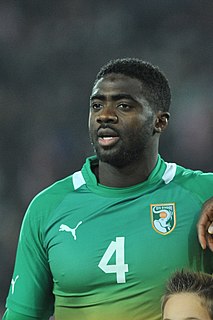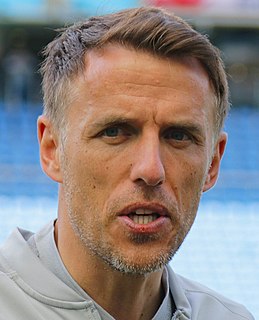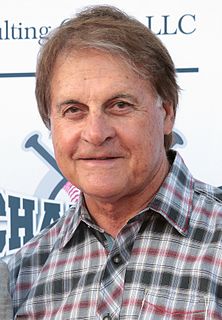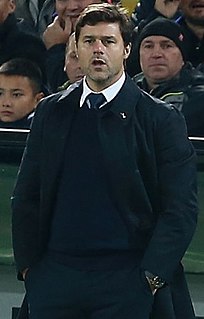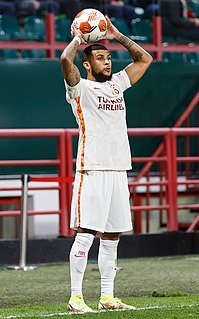A Quote by Lewis Schiff
As you climb of the organizational ladder, you have to redefine your role in the value chain from player to captain to coach to manager, and for some, to owner. These are different roles and you won't be able to succeed as a manager when you're acting like a player.
Related Quotes
No, I didn't expect Mancini to become a manager, because of the type of player he was - he was an intelligent player, of course, but I didn't think he had the desire to become a manager. But I guess if you speak to some of my team-mates they'd probably say they didn't expect me to either. I certainly didn't expect it.
Baseball is a simple game. If you have good players, and you keep them in the right frame of mind, the manager is a success. The players make the manager. It's never the other way. Managing is not running, hitting, or stealing. Managing is getting your players to put out one hundred percent year after year. A player does not have to like a manager and he does not have to respect a manager. All he has to do is obey the rules. Talent is one thing. Being able to go from spring to October is another. You just got caught in a position where you have no position.
Every manager has different opinions and all you can do as a player is try to fight and get your spot back, or at least earn your manager's trust back to try and get your spot back. There's no use sulking about it, you just get on with it and try to raise your game to get back to the level you need to be when you were starting.

